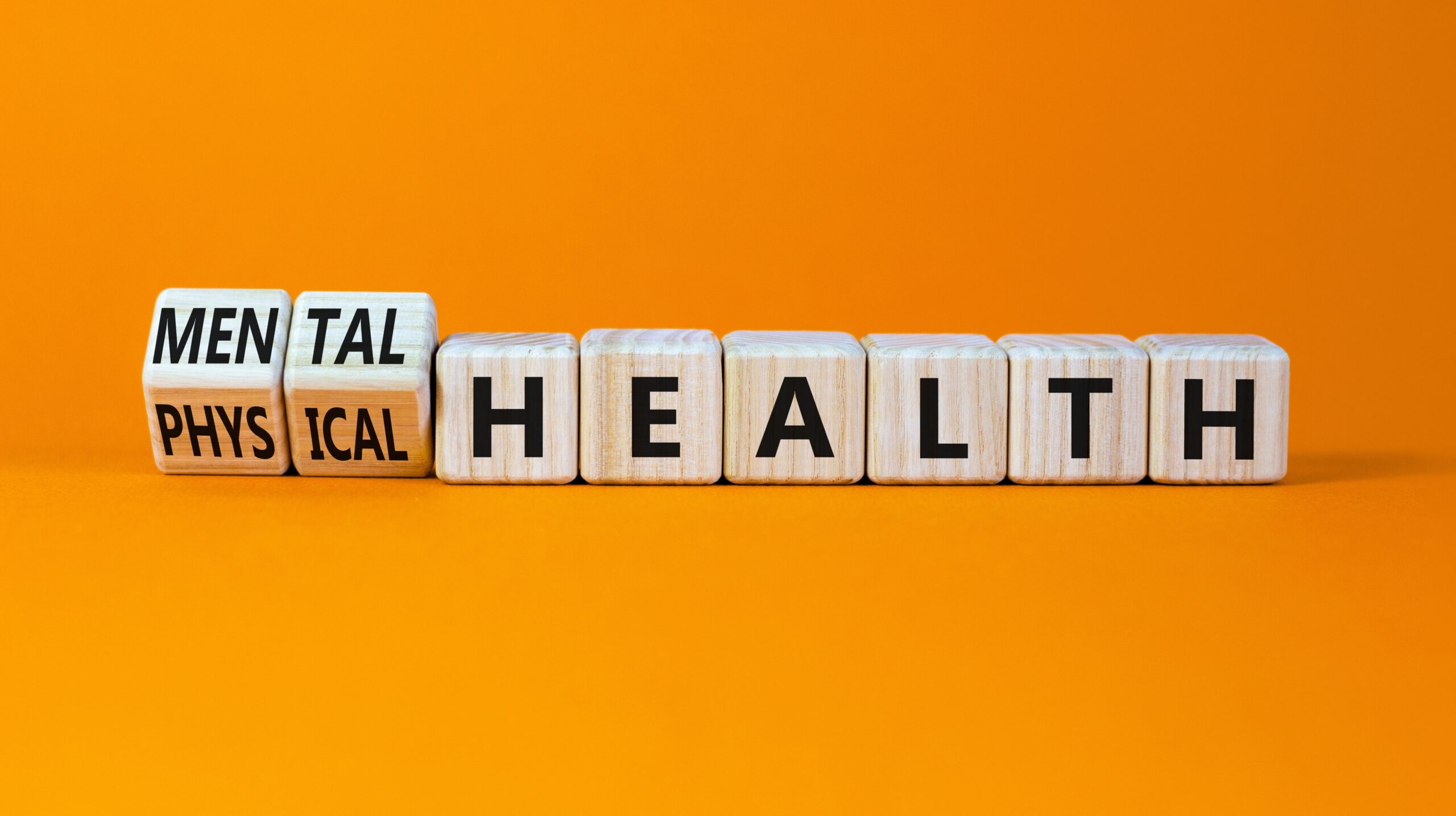Late nights, endless scrolling, one more episode — we’ve all sacrificed sleep for something. But what if we told you that sleep isn’t a luxury? It’s a biological necessity for your mental wellbeing. Poor sleep can increase stress, lower mood, and worsen anxiety — while good sleep supports emotional resilience, clarity, and calm. In this guide, we break down the science behind sleep and mental health, why it’s non-negotiable, and what you can do to improve your rest starting tonight.
Outline
- Why Sleep and Mental Health Are So Closely Linked
- What Happens When You Don’t Sleep Well
- Sleep Disorders and Mental Health Conditions
- How Good Sleep Supports Better Mental Health
- 7 Habits to Improve Your Sleep (and Your Mind)
- When to Seek Help
- Final Thoughts: Rest Is the Foundation, Not a Reward
Why Sleep and Mental Health Are So Closely Linked
Your brain needs sleep like your phone needs charging. And just like your battery drains without power, your mind struggles without deep, consistent rest.
Sleep plays a vital role in:
- Regulating mood and emotional reactions
- Strengthening memory and decision-making
- Managing stress hormones
- Clearing out brain “waste” overnight
- Helping your body and mind reset
Lack of sleep doesn’t just make you tired — it affects your entire mental landscape.
What Happens When You Don’t Sleep Well
Missing out on sleep now and then? It happens. But long-term poor sleep can trigger serious mental health effects.
Common consequences of poor sleep:
- Irritability and mood swings
- Increased anxiety or panic attacks
- Difficulty concentrating or thinking clearly
- Heightened emotional reactivity
- Low motivation and productivity
- Feelings of hopelessness or helplessness
🌀 It becomes a vicious cycle — poor sleep worsens mental health, and poor mental health makes it harder to sleep.
Sleep Disorders and Mental Health Conditions
Poor sleep is more than “just being tired” — for many, it’s part of a wider mental health picture.
| Sleep Issue | Often Linked To |
|---|---|
| Insomnia | Anxiety, depression, chronic stress |
| Nightmares or night terrors | PTSD, trauma-related disorders |
| Oversleeping (hypersomnia) | Depression, seasonal affective disorder (SAD) |
| Disrupted sleep cycles | Bipolar disorder, ADHD |
💬 If sleep issues persist for more than a few weeks and impact daily life, it may be time to speak to a healthcare professional.
How Good Sleep Supports Better Mental Health
Getting enough quality sleep can dramatically improve how you feel — and how you cope.
Benefits of good sleep:
✅ Better emotional regulation
✅ Reduced stress and anxiety
✅ Improved concentration and memory
✅ Stronger immune system
✅ More energy and motivation
✅ Enhanced resilience in tough situations
🌙 Sleep acts like a nightly reset button — giving your brain a chance to repair, file away thoughts, and recharge.
7 Habits to Improve Your Sleep (and Your Mind)
Ready to prioritise rest? These small habits can make a big difference:
1. Stick to a Sleep Schedule
Go to bed and wake up at the same time every day — yes, even on weekends. It helps your body clock stay consistent.
2. Create a Wind-Down Routine
Turn off screens, dim the lights, stretch, read, or listen to calming music. Let your brain know it’s bedtime.
3. Limit Caffeine and Alcohol
Caffeine can linger in your system for hours. And while alcohol might make you sleepy, it disrupts deep sleep.
4. Keep Your Bedroom Sleep-Friendly
Cool, dark, quiet, and comfy. Consider blackout curtains, white noise, or breathable bedding.
5. Ditch the Doomscrolling
Swap TikTok and Twitter for a low-stimulus activity before bed — journalling, meditation, or a slow podcast.
6. Don’t Stay in Bed if You Can’t Sleep
If you’re tossing and turning, get up and do something calm in dim light until you feel sleepy.
7. Move During the Day
Gentle exercise like walking, yoga or cycling improves sleep — just don’t do it too close to bedtime.
🌙 Sleep isn’t just a night-time thing — it starts with what you do during the day.
When to Seek Help
If sleep problems are:
- Lasting more than three weeks
- Interfering with work, relationships or daily life
- Causing significant distress or anxiety
- Linked to depression, panic or trauma
Speak to your GP or a mental health professional — you don’t need to wait until you’re “exhausted enough”. You deserve restful, restorative sleep.
Final Thoughts: Rest Is the Foundation, Not a Reward
Sleep isn’t lazy, optional, or a treat. It’s essential for your body, your brain, and your emotional wellbeing.
So next time you feel tempted to skip sleep for work, worry, or Netflix — remind yourself:
🛌 Sleep is self-care. Sleep is strength. Sleep is survival.
And giving yourself that rest? That’s the opposite of selfish — it’s powerful.








